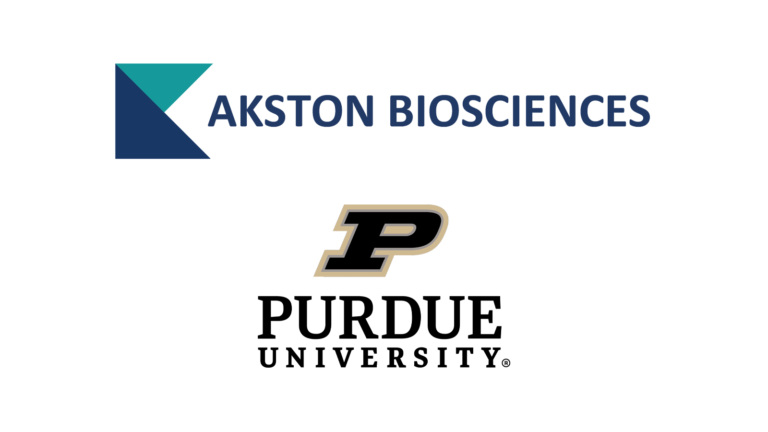Akston Biosciences Corporation, dedicated to accelerating the biologics revolution in Animal Health, and Purdue University, today announced a strategic partnership to co-develop an anti-cPD-L1 monoclonal antibody (mAb) immunotherapy to treat cancer in dogs.
The underlying technology was developed at Purdue University’s College of Veterinary Medicine and the Purdue Institute for Cancer Research (PICR). As one of only seven National Cancer Institute-designated Basic Laboratory Cancer Centers in the U.S., PICR focuses on foundational science that advances cancer detection, prevention and therapies. In the partnership, Akston has received an exclusive option to license the anti-cPD-L1 mAb and will serve as a Contract Development and Manufacturing Organization (CDMO) to further develop and produce the antibody at its facility in Beverly, Massachusetts.
A clinical trial evaluating the anti-cPD-L1 mAb is expected to begin later this year in companion dogs with bladder cancer. The trial will be conducted at Purdue and is supported in part by a grant from the National Cancer Institute in the PRE-medical Cancer Immunotherapy Network Canine Trials Consortium (PRECINCT) U01 program, and by the Werling Comparative Oncology Research Center at Purdue University. Akston Biosciences will provide the anti-cPD-L1 mAb for the trial. The trial will confirm the safety, pharmacokinetics, and antitumor effects of the mAb. Parallel studies will be performed to determine the effects of the mAb on the anti-tumor immune responses in the dogs.
Through this partnership, Akston will add another potential therapy for treating cancer, expanding its rich pipeline of candidates for Animal Health conditions, including chronic pain, atopic dermatitis and obesity.
“Purdue Veterinary Medicine is an excellent partner for Akston as we seek to develop an array of new products to treat cancer in pets,” said Todd Zion, PhD, President & CEO of Akston Biosciences. “Through in-licensing, this opportunity demonstrates Akston’s commitment to add innovative products invented outside of Akston to our strong pipeline of homegrown therapeutics developed via Akston’s Ambifect® Fc-fusion platform.”
“Partnering with Akston to further develop and manufacture our cPD-L1 mAb is instrumental in developing this cancer therapy for dogs,” said Deborah Knapp, Director of the Werling Comparative Oncology Research Center at the Purdue University College of Veterinary Medicine and Distinguished Professor of Comparative Oncology. “Immune checkpoint blockade therapy, currently one of the most promising cancer immunotherapies, has shown remarkable clinical impact in multiple human cancer types. As a result, we expect that this mAb will have a strong impact in canine oncology as well.”

